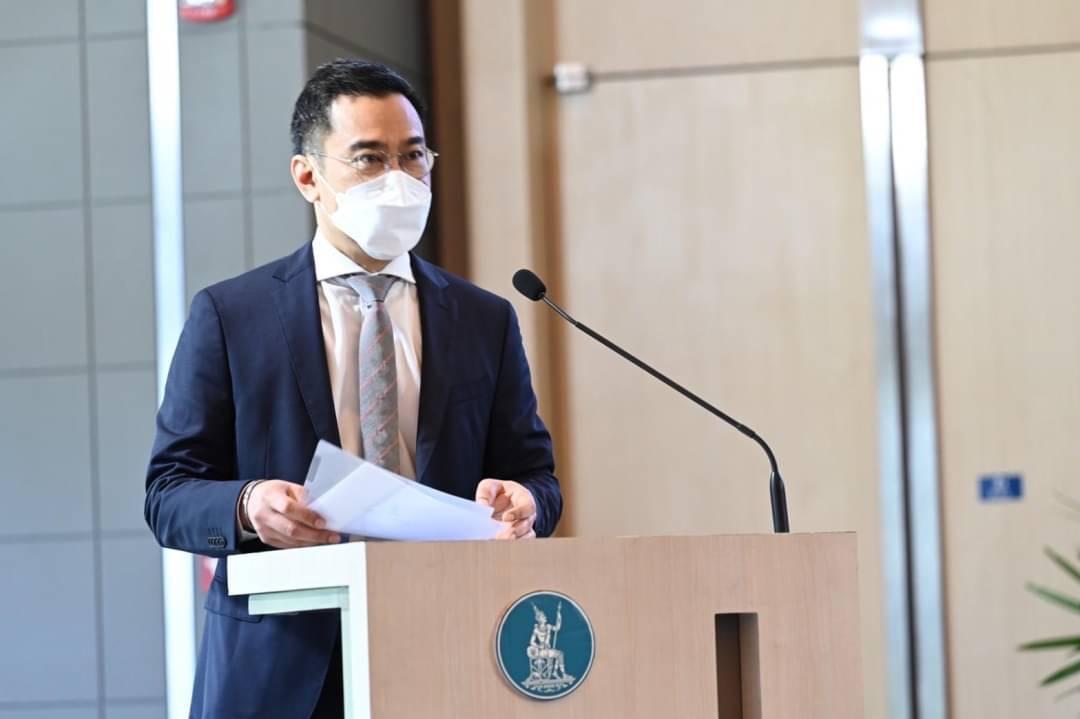
Financial institutions are expected to report their environmental loan strategies and related targets to the Bank of Thailand from next year as the country attempts to transition to a green economy.
The central bank's assistant governor for financial institutions policy group, Roong Mallikamas, said the bank would require financial institutions to report their business strategies and targets regarding environmental-related loans from next year. The move is intended to support a green economy using the financial sector.
The central bank plans to implement guidelines and standard practices for green loans to encourage banks to expand such lending and help small and medium-sized enterprises (SMEs) adjust their business operations in accordance with a green economy.
"Large local companies have higher potential to adjust to the green economy and most of them have been moving in that direction. SMEs need assistance to help them adapt to the green economy and banks can assist in that development," Mrs Roong said during the central bank's media briefing on its move towards environmental sustainability in the new Thai financial landscape.
The central bank also recently implemented a "transformation loan scheme" for SMEs. The scheme is an expansion of its existing recovery loan scheme to help SMEs deal with the impact of the pandemic.

The transformation loan is aimed at helping SMEs adjust their business operations by using digital technology and innovations in line with environmental and energy goals.
The move towards a green economy is also in line with new international standards, such as net-zero targets, she said. Mrs Roong said the development will help Thai financial institutions meet international standards and improve their credit ratings, which should lead to lower fundraising costs.
The central bank has encouraged financial institutions to offer green products and services. The bank is scheduled to issue the new guidelines in the third quarter this year, allowing banks to account for environmental factors in the financial products and services they offer.
The central bank has also worked with related parties to establish a taxonomy that defines and classifies economic activities based on their environmental impact.

Mrs Roong, left, during the BoT's media briefing on its direction toward environmental sustainability under the new Thai financial landscape.
The initial stage will see the classification of activities with high greenhouse gas emission rates, starting with the energy and transport sectors, she said. This guideline will be completed by January 2023, according to the central bank.
The taxonomy also serves as a reference for all sectors to help them evaluate their own environment-related operations. In the second phase, the taxonomy is projected to cover the agricultural and manufacturing sectors.
The central bank said related agencies plan to develop data platforms in the fourth quarter of this year to give all sectors access to data required to conduct analysis of environment-related opportunities and risks as part of their policymaking, strategy planning, and risk management, as well as to facilitate decisions.